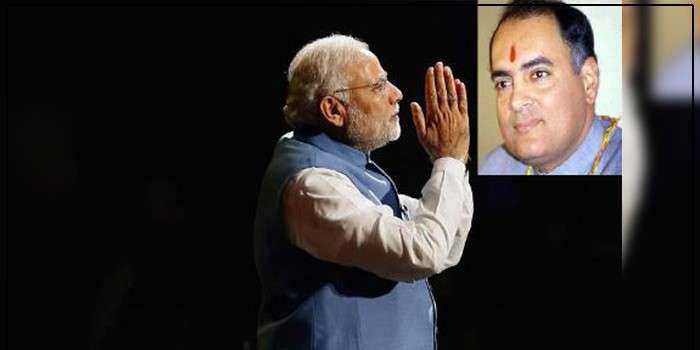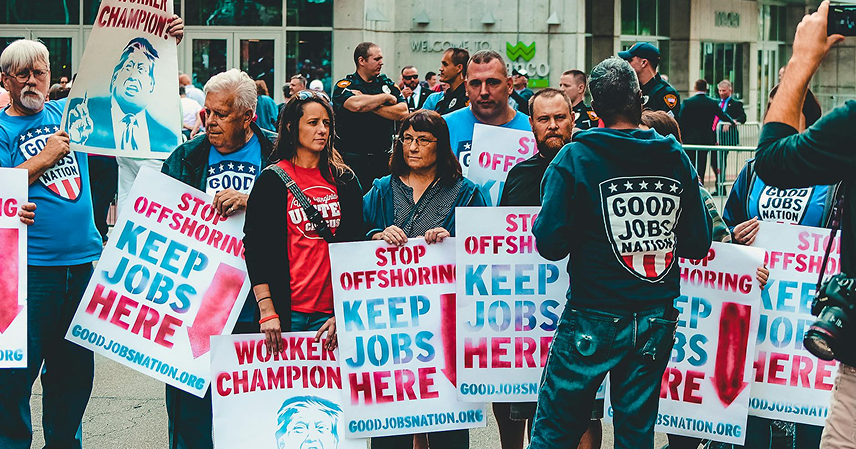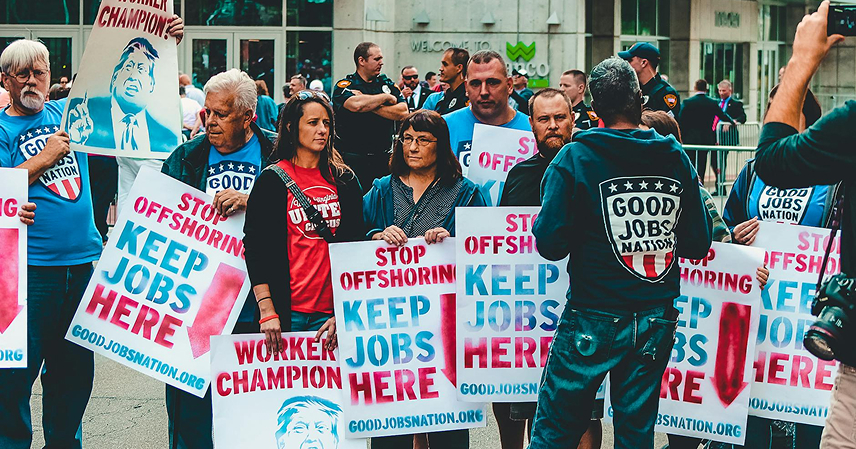New Delhi, May 21 – Prime Minister Narendra Modi and Congress President Mallikarjun Kharge led the nation in paying homage to former Prime Minister Rajiv Gandhi on his 34th death anniversary today. The commemorations saw political leaders across party lines remembering Gandhi’s contributions to India’s technological and economic modernization.
Nation Remembers Rajiv Gandhi
Rajiv Gandhi, who served as India’s youngest Prime Minister from 1984 to 1989, was assassinated on May 21, 1991, in a suicide bombing during an election campaign in Tamil Nadu. His death anniversary, observed as “Anti-Terrorism Day”, serves as a reminder of his tragic demise and his vision for a progressive India.
PM Modi’s Tribute
Prime Minister Narendra Modi took to X (formerly Twitter) to pay his respects, writing:
“Tributes to our former PM Shri Rajiv Gandhi Ji on his death anniversary.”
While brief, Modi’s acknowledgment was notable given the historical political rivalry between the Bharatiya Janata Party (BJP) and the Congress, Rajiv Gandhi’s party.
Congress Honors Its Leader
Congress President Mallikarjun Kharge and senior leaders, including Rahul Gandhi and Priyanka Gandhi Vadra, paid floral tributes at Veer Bhumi, Rajiv Gandhi’s memorial in Delhi. Kharge praised the former PM as “a great son of India who laid the foundation for a modern and technologically advanced nation.”
Rahul Gandhi, Rajiv’s son, shared an emotional message, recalling his father’s “dream of a strong, united, and scientific India.”
Rajiv Gandhi’s Legacy: Key Contributions
Rajiv Gandhi’s tenure, though short, was marked by several transformative policies:
- Computerization & IT Revolution: Launched initiatives that paved the way for India’s IT boom.
- Telecom Modernization: Expanded telephone networks, setting the stage for future telecom growth.
- Panchayati Raj Reforms: Strengthened grassroots democracy through constitutional amendments.
- Education Reforms: Introduced the Navodaya Vidyalaya system for rural talent.
However, his term also faced controversies, including the Bofors scandal and initial handling of the Sri Lankan civil war, which later led to his assassination by the LTTE (Liberation Tigers of Tamil Eelam).
Political Reactions: Unity in Remembrance
Despite ideological differences, leaders from various parties acknowledged Gandhi’s impact:
- Sharad Pawar (NCP): Called him “a visionary who connected India to the digital age.”
- Mamata Banerjee (TMC): Said his death was “a loss to the nation’s progress.”
- Omar Abdullah (NC): Highlighted Gandhi’s efforts in Jammu & Kashmir’s development.
The BJP, while paying respects, maintained its critical stance on past Congress policies but acknowledged Gandhi’s role in nation-building.
Conclusion: A Legacy Revisited
Three decades after his death, Rajiv Gandhi remains a polarizing yet pivotal figure in Indian politics. While the Congress upholds his vision as foundational to modern India, the BJP emphasizes subsequent reforms under leaders like Atal Bihari Vajpayee and Narendra Modi.
His anniversary serves as a moment of reflection on India’s political evolution, the cost of terrorism, and the unfinished promises of technological empowerment.
As Kharge noted, “Great leaders are remembered not for their years in power, but for the future they imagine.”



